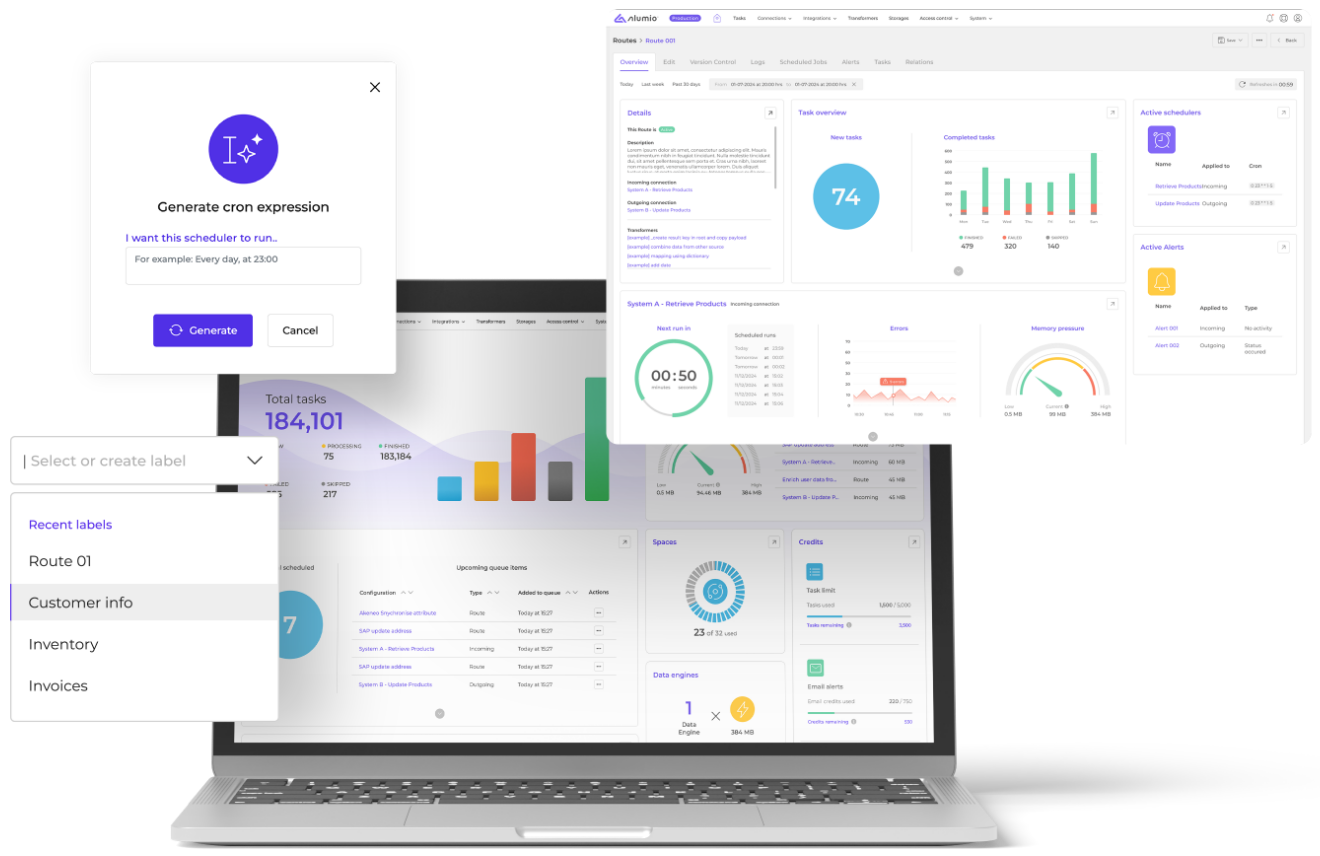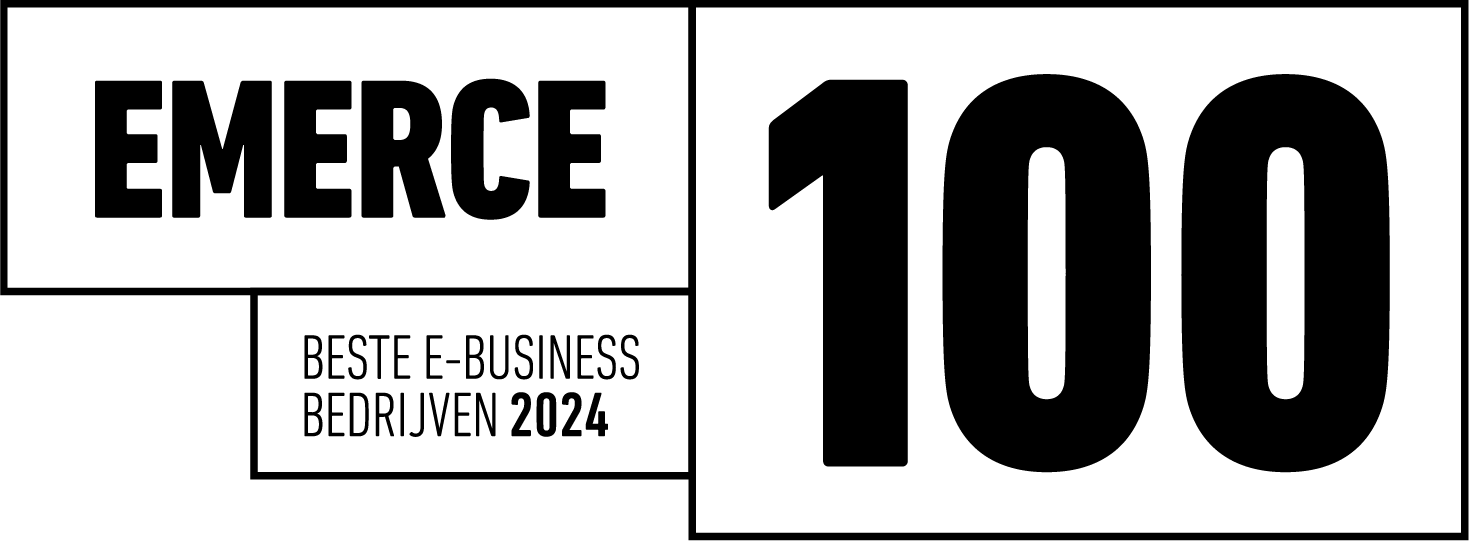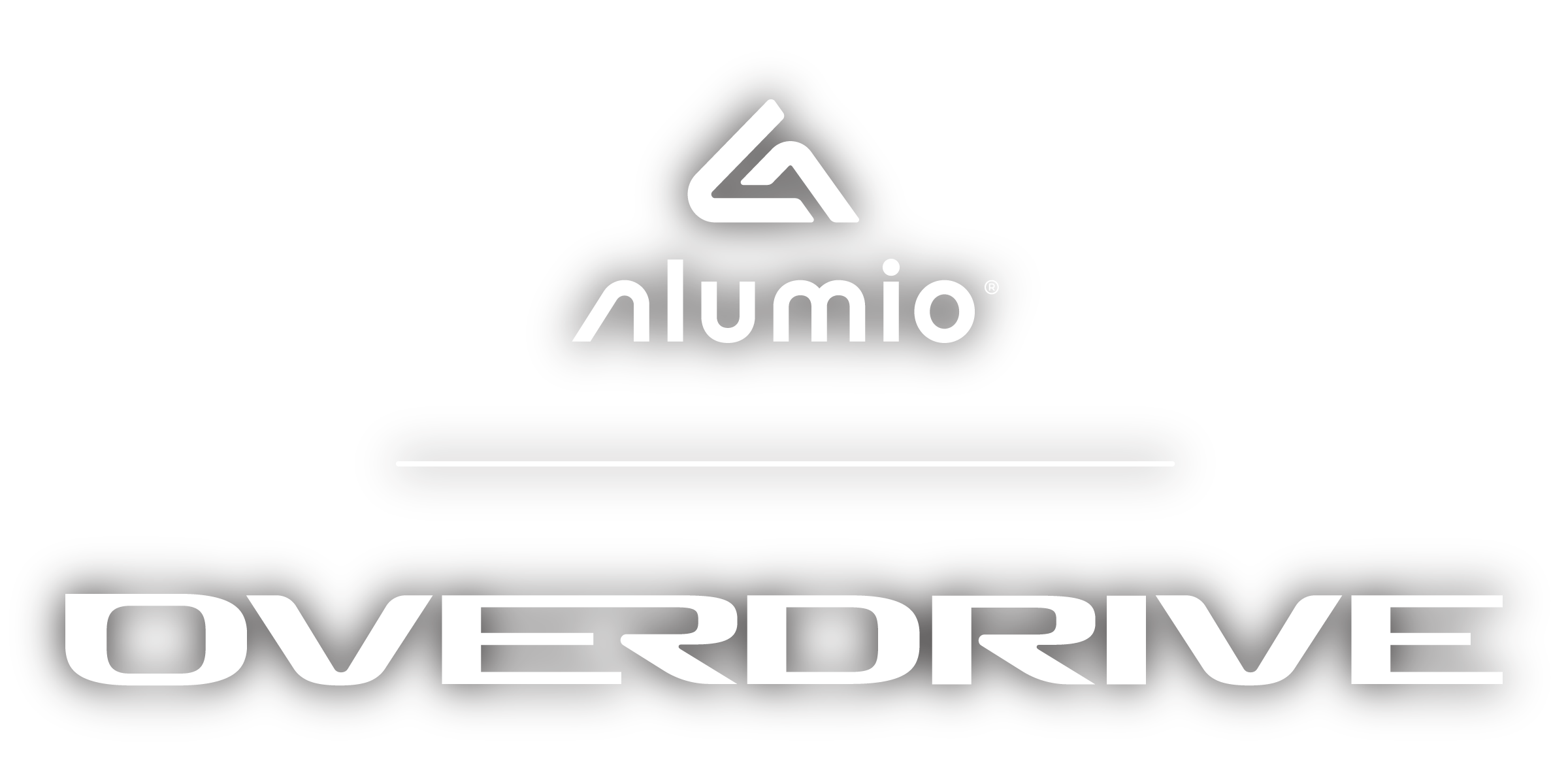Seleccionar la solución de software adecuada para la integración de datos puede ser complicado, con tantas opciones diferentes disponibles. Además, estas opciones le ofrecen sitios web, catálogos y folletos, que sólo le cuentan la mitad de la historia. Por esa misma razón, hemos trabajado para recopilar varias plataformas de integración de datos conocidas y menos conocidas en un documento único y fácil de leer para ayudarle en su toma de decisiones. En este blog, hablaremos de los pros y los contras de la integración de plugins.
Los proveedores de soluciones de renombre, como Salesforce, Microsoft, Adobe, etc., ofrecen a menudo pequeñas soluciones de integración basadas en plugins. Este tipo de enfoque suele ser desarrollado por un socio o un proveedor con el propósito de intercambiar datos de una aplicación a otra.
Cómo encontrar los plug-ins adecuados
La calidad de los plugins puede variar mucho. Itimportante darse cuenta e invertir en lo siguiente:
- Comprenda la diferencia entre los plug1-to-1ins que realizan una integración 1 a 1 y los que están vinculados a una solución iPaaS y son suitable para vincular datos a múltiples aplicaciones. Por ejemplo, si el plugin forma parte de un ESB, recibirá todas las ventajas de un iPaaS.
- Determine la certificación de los propios plugins. ¿Han sido comprobados y certificados por el paquete correspondiente? it bien mantenido? it un plugin nuevo sin mucha experiencia?
- Si utilizas un plugin, itimportante recordar que no puedes asumir itresponderá a deseos personalizados. En otras palabras, lo más probable es que la personalización sea imposible. En este caso, it importante planificar y asegurarse de que sus necesidades de personalización son compatibles con el plugin que está eligiendo.
Pros
Los plugins pueden salir al mercado rápidamente, lo que significa que suelen ser bastante baratos. No tienes que enviar los mismos datos a varias aplicaciones si el plugin ya está certificado itporque hará el trabajo automáticamente. Los plugins son estupendos cuando entran en la categoría del 80% que se adapta a ese caso de uso concreto y cuando no necesitas personalizarlos ni ahora ni en el futuro. Y tampoco hay que supervisarlos, lo que significa que no hay que luchar con la integración de la información.
Contras
- Puede llegar a It frustrante cuando se necesitan personalizaciones y no se puede determinar exactamente quién es el responsable de gestionar los errores.
- No puedes enviar datos desde tu plugin a dos (o más) aplicaciones diferentes, por lo que no puedes reutilizar tus datos; tienes que construir una integración para cada conexión de software.
- La gestión de errores y el registro suelen ser mínimos y básicos, lo que te deja sin la posibilidad de recuperar datos sin reconstruir manualmente la integración.
- Los plugins pueden introducir otra herramienta que aprender con un grado variable de complejidad.
- Cambiar el software de su entorno IT requiere un gran proyecto y un gran esfuerzo. Añadir nuevas funcionalidades puede resultar casi imposible. Para las integraciones de misión crítica, su equipo se vería obligado a crear protocolos de supervisión personalizados, que son muy personalizados y caros.
- Cuando las API se actualizan solas, pueden surgir problemas de comunicación.
- En algún momento necesitará codificación personalizada adicional para integrar nuevas tecnologías como software de automatización de marketing , IA y herramientas de aprendizaje automático.
El uso de plugins para integraciones es sólo una de las muchas formas de integrar sus aplicaciones. Obtenga más información descargando nuestro libro blanco gratuito "Cómo elegir una solución de integración".























